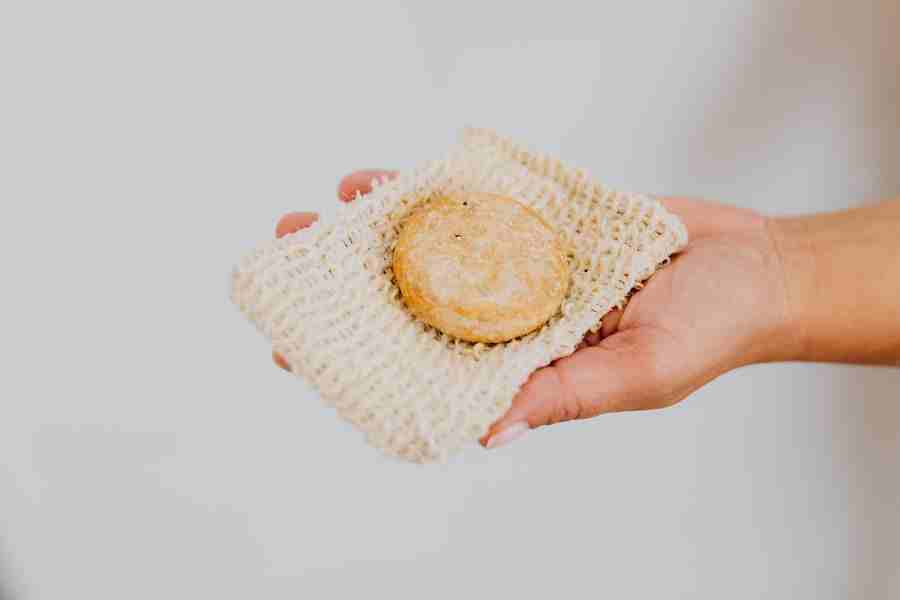In this article, we delve into the popular belief that one’s tan becomes “tanned af” or more intense after taking a shower. We explore the science behind the tanning process, and the impact of showering on the skin, and analyze whether this notion holds any truth. By examining scientific evidence and debunking common myths, we aim to shed light on whether showering truly affects the intensity of a tan.
Does Tanned Af Develop After Shower?
No, the notion of becoming “tanned af” or having a more intense tan after showering is not supported by scientific evidence. The tanning process occurs due to exposure to UV radiation and melanin production in the skin while showering primarily affects the skin’s outermost layer and hydration levels. While some individuals may perceive a darker tan after a shower due to factors like temporary skin dehydration or contrast against wet skin, the actual tan intensity does not change.
Role Of Melanin In The Tanning Process
Melanin plays a crucial role in the tanning process. It is a pigment produced by specialized cells called melanocytes, located in the epidermis, the outermost layer of the skin. When the skin is exposed to ultraviolet (UV) radiation from the sun or artificial sources like tanning beds, the melanocytes respond by increasing the production and release of melanin. Melanin acts as a natural defense mechanism against UV radiation. It absorbs and scatters the UV rays, helping to protect the deeper layers of the skin from their damaging effects. The amount of melanin produced and released by melanocytes determines the skin’s response to sun exposure. People with more melanin in their skin have a higher level of natural protection against UV radiation, leading to a darker skin tone.
There are two main types of melanin: eumelanin and pheomelanin. Eumelanin is responsible for brown to black pigmentation, while pheomelanin contributes to red and yellow pigmentation. The ratio of these two types of melanin in the skin influences the final color of an individual’s tan. When the skin is exposed to UV radiation, it triggers a series of biochemical reactions within the melanocytes, leading to increased melanin production. The melanin then migrates to the surrounding skin cells, where it forms a shield-like structure around the nucleus. This shield helps to prevent UV radiation from damaging the DNA within the skin cells, reducing the risk of sunburn.
The tanning process takes time and is not an immediate reaction. It typically begins a few hours after sun exposure and continues to develop over the next 24 to 48 hours. The gradual increase in melanin production and distribution gives the skin its darker appearance, resulting in a tan. It’s important to note that the tanning process is a natural defense mechanism of the skin and is a sign of sun damage, even if it may be considered aesthetically desirable by some individuals. Overall, melanin plays a vital role in the tanning process by providing natural protection against UV radiation and determining the color of an individual’s tan.
The Effect Of Showering On Tanning
Showering can have some impact on the tanning process, although it does not directly influence the intensity of the tan. Here are a few effects of showering on tanning:
- Temporary Skin Dehydration: Showering with hot water and using harsh soaps can temporarily dehydrate the skin. When the skin becomes dehydrated, it may appear temporarily darker due to the light being absorbed differently. However, this effect is not a true intensification of the tan but rather a visual perception.
- Removal of Dead Skin Cells: Showering can help remove dead skin cells from the surface of the skin. This can contribute to a more even and longer-lasting tan since dead skin cells can prevent the even distribution of melanin. By exfoliating gently, the tan may appear more vibrant and uniform.
- Moisturization: Properly moisturizing the skin after a shower can help maintain the health of the skin and potentially extend the lifespan of the tan. Well-hydrated skin tends to hold a tan better and can prevent premature fading.
- Sunscreen Reapplication: If you were wearing sunscreen before showering, it is essential to reapply it after showering to continue protecting your skin from harmful UV rays. Sunscreen is crucial for preventing sunburn and long-term damage, but it may not impact the tanning process itself.
Overall, while showering can have some effects on the tanning process, such as temporary skin dehydration and removal of dead skin cells, it does not directly intensify the tan. The intensity of a tan primarily depends on factors like UV exposure, melanin production, and skin type. Proper skincare and sun protection practices are crucial for maintaining a healthy tan.
Tips For Prolonging The Lifespan Of A Tan
To prolong the lifespan of your tan, consider the following tips:
- Moisturize regularly: Keeping your skin well-hydrated is key to maintaining a tan. Use a moisturizer or lotion that is suitable for your skin type and apply it daily, especially after showering or swimming. Moisturized skin helps the tan fade more evenly and prevents it from peeling or becoming patchy.
- Avoid prolonged exposure to water: Excessive exposure to water, whether through swimming or prolonged baths or showers, can cause the tan to fade more quickly. Limit your time in water and pat yourself dry instead of rubbing with a towel to minimize the impact on your tan.
- Use gentle skincare products: Harsh soaps and exfoliants can strip away the top layer of your skin, which may result in your tan fading faster. Opt for gentle cleansers and avoid using abrasive scrubs or loofahs on tanned areas. Look for products that are specifically formulated for maintaining a tan.
- Protect your skin from excessive sun exposure: While you may want to enjoy the sun to maintain your tan, it’s crucial to protect your skin from excessive UV exposure. Wear sunscreen with a high SPF, seek shade during peak sun hours, and consider wearing protective clothing like hats and sunglasses. Sunburn can cause the skin to peel, leading to a faster fade of your tan.
- Avoid exfoliating too frequently: While exfoliation can help prepare the skin for an even tan, excessive exfoliation can cause your tan to fade faster. Limit exfoliation to once or twice a week, and choose gentle exfoliating products to avoid removing the tan prematurely.
- Consider gradual tanning products: If you want to maintain your tan or prolong its lifespan, consider using gradual tanning lotions or self-tanners. These products can help boost the color and keep your tan looking fresh between sun exposures.
Remember, a tan is temporary, and the best way to protect your skin is by practicing sun-safe habits and prioritizing its health.
Conclusion
In conclusion, the belief that one’s tan becomes “tanned af” or more intense after showering is not supported by scientific evidence. The tanning process is primarily influenced by factors like UV exposure and melanin production while showering mainly affects the skin’s outermost layer and hydration levels. While showering may temporarily dehydrate the skin or remove dead skin cells, these effects do not intensify the tan itself. Proper skincare, moisturization, and sun protection are key to maintaining a healthy and long-lasting tan. Remember to prioritize skin health and make informed decisions about tanning practices for the best results.
FAQ’s
Does showering immediately after tanning affect the intensity of my tan?
Showering immediately after tanning does not affect the intensity of your tan. The tan develops over time due to melanin production and is not influenced by showering.
Why do some people think their tan looks darker after a shower?
Some individuals may perceive their tan as darker after a shower due to temporary skin dehydration or the contrast of wet skin against the tan. However, the actual intensity of the tan does not change.
Can using hot water during a shower fade my tan faster?
While hot water can potentially dehydrate the skin, it does not significantly fade the tan. Proper moisturization and sun protection are more important factors in maintaining the longevity of your tan.
Should I exfoliate my skin before or after tanning to prolong the tan?
Gentle exfoliation before tanning can help prepare the skin for a more even tan. However, excessive exfoliation after tanning can cause the tan to fade faster. Limit exfoliation to once or twice a week to maintain your tan.
Are there any specific skincare products I should use to prolong my tan?
Using a moisturizer suitable for your skin type and applying it regularly can help maintain your tan. Look for products specifically designed for maintaining a tan and avoid harsh soaps or exfoliants that can strip away the tan prematurely.
















Leave a Reply